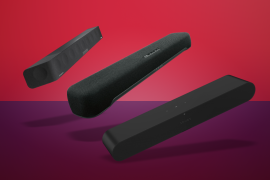Buy this, break that
From dinosaur erotica to the Mail Online, many of the worst things in the world were the unintended consequences of cutting-edge tech, says Gary Marshall
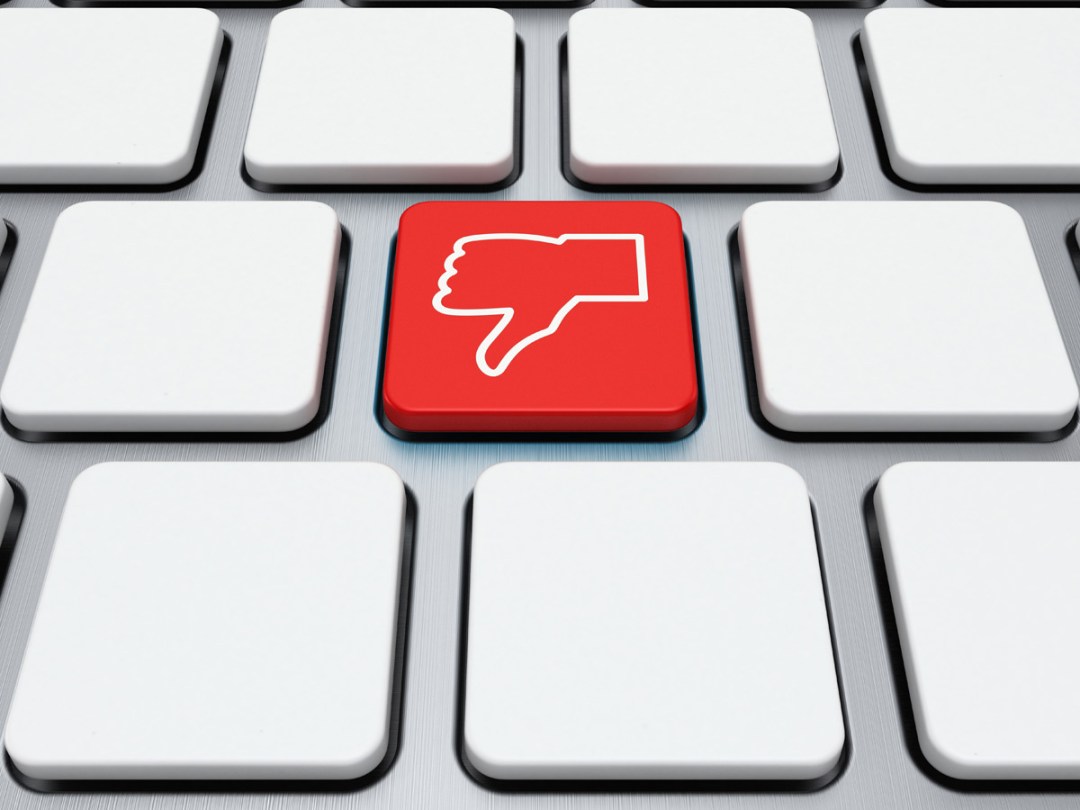
We’re all agreed that technology makes the world a better place – but sometimes progress comes at a price.
And no, we’re not talking about the £600 you’ll have to shell out on a new smartphone. Rather, we’ve noticed that some of the things we love the best are responsible for some of the things we hate the most. And the more we thought about it, the more examples we found.
Even apparently benign tech can do the Devil’s work, a fact that left us so disillusioned we’re considering jacking it all in and starting a new life breeding goats in Wales.
Before we do that though, we’ll share this list with you.
READ MORE: 18 ways you’re unwillingly killing your iPhone’s battery
MP3s put ticket prices into orbit

The rot started when eBay made it possible to be a ticket tout without leaving the house, but the big rise in concert ticket prices kicked in when music went digital.
With the arrival of first Napster, then iTunes and lately Spotify, an entire generation stopped buying music in general and albums in particular.
The result? Triple-digit ticket prices and eye-wateringly expensive fanclub meet and greets.
Still, the existence of apps such as Songkick does at least soften the blow.
Kindles created dinosaur porn

Amazon’s Kindle threw open the doors to wannabe writers, enabling anybody with a word processor to publish an ebook. As a result all kinds of really weird stuff is now available for download, including entirely new genres such as dinosaur erotica and Bigfoot filth.
Seriously – Virginia Wade, author of various erotic titles about Bigfoot, makes some US$30,000 a month from Kindle sales. Is it right that she earns so much from this anatomically unlikely prose while your hard work gets you so little? No, of course not. Not that we’ve actually read any of it. Honest.
Sky+ ramped up product placement in TV shows
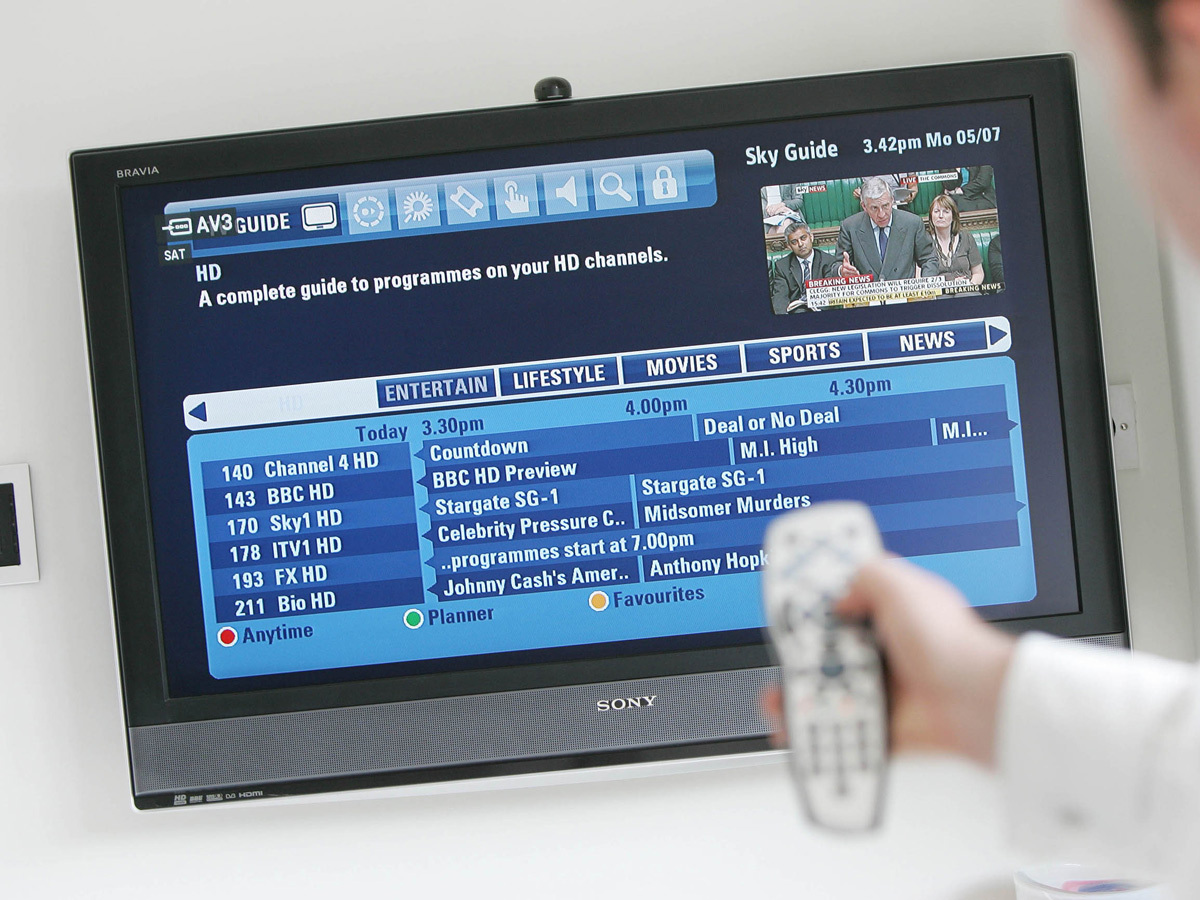
With the exception of the BBC, TV is usually funded by adverts – so what happens when everybody goes digital and either Sky Plus-es or torrents the programmes and skips all the ads? Or, increasingly these days, just watches on Netflix?
The answer is simple: really invasive product placement and those really annoying “bumpers” that show sponsors’ messages when you think the ads are over.
Smartphones killed leisure time

Before the first BlackBerry arrived in 2002, when you left work you left work. Fat chance these days.
Now you’re expected to answer work emails on holiday, answer customer queries when you’re out for dinner and if you’re really unlucky, have your every movement tracked so you can’t even skive when you’re travelling from place to place.
Online ads created the Mail monster

When every site on the internet gives its stuff away for free in the hope that it can make cash from ads, the value of those ads falls through the floor – so the only way to make real money is to try and pander to the very lowest common denominator.
That means pictures instead of words, celebrities instead of anything important and hundreds of daily articles so trivial you can feel your IQ dropping as you read them. All of these things have made Mail Online the busiest newspaper website in the world.
Smartphones made everybody do video wrong
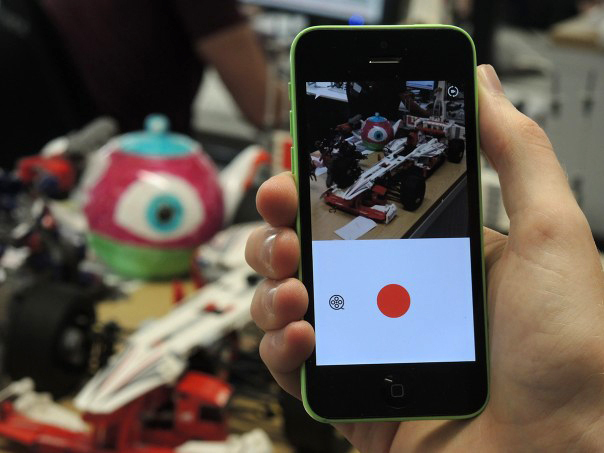
We view the world in landscape – our field of vision is wider than it is high – and as a result our computer screens, TVs and cinema screens are all landscape too.
Smartphones have spoiled all that, because they’re designed to be held in portrait mode and hardly anybody flips them into landscape for shooting pictures or video.
As a result, the world is watching its home movies as three-inch wide clips on 50in widescreen TVs. Well done, world!
In-app purchases killed mobile games
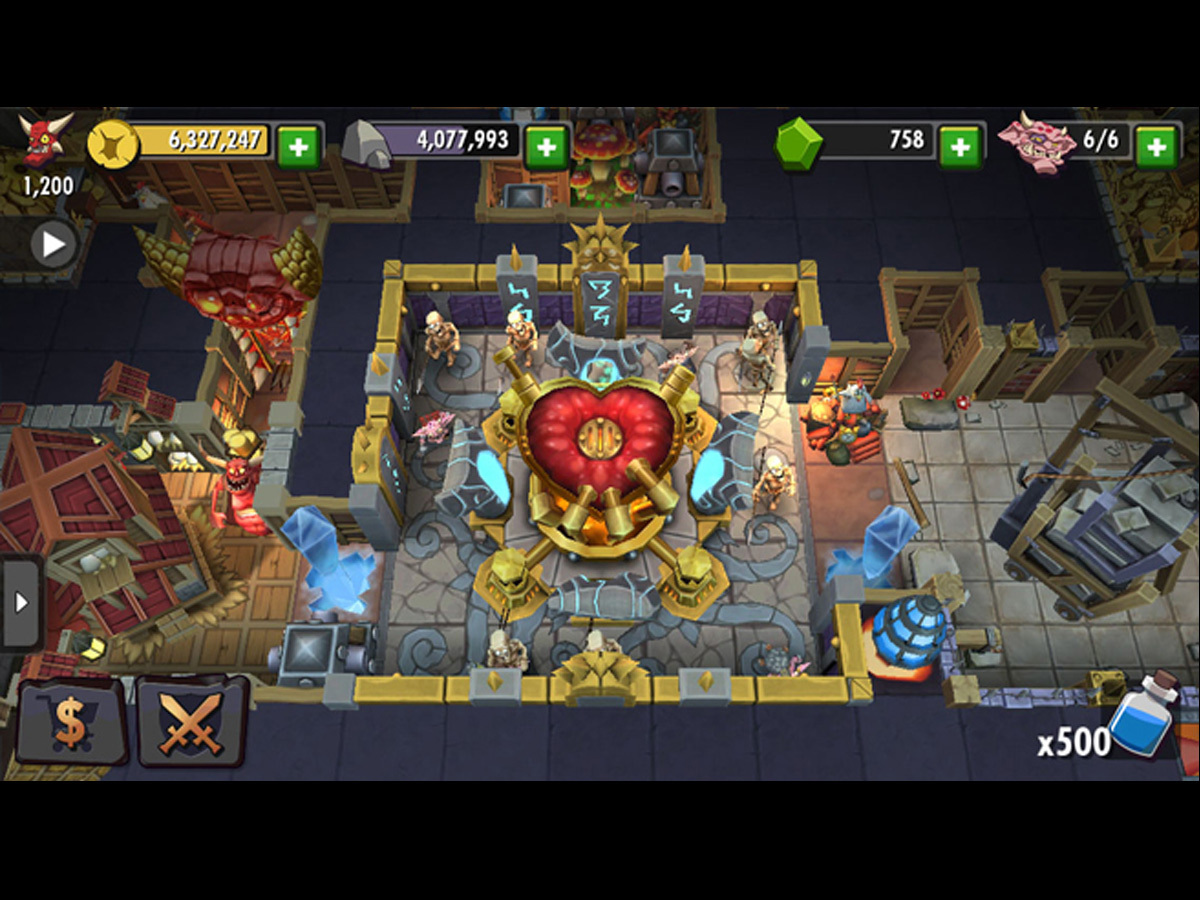
Fans of the 1990s classic Dungeon Keeper were excited about the new iOS/Android remake – until they played it. It’s so bad that its Metacritic user score is an appalling 0.4 out of 10, and the reason is in-app purchases that mean the game is ridiculously tedious if you’re unwilling to shovel cash into it. By cash, we mean potentially hundreds of pounds for a few days’ play.
Sadly, such tactics aren’t unusual in a market where developers can’t persuade people to pay full whack for games and ads don’t generate very much money. Even more sadly, kid-targeted games are particularly bad for it.
Google Chrome is killing your battery
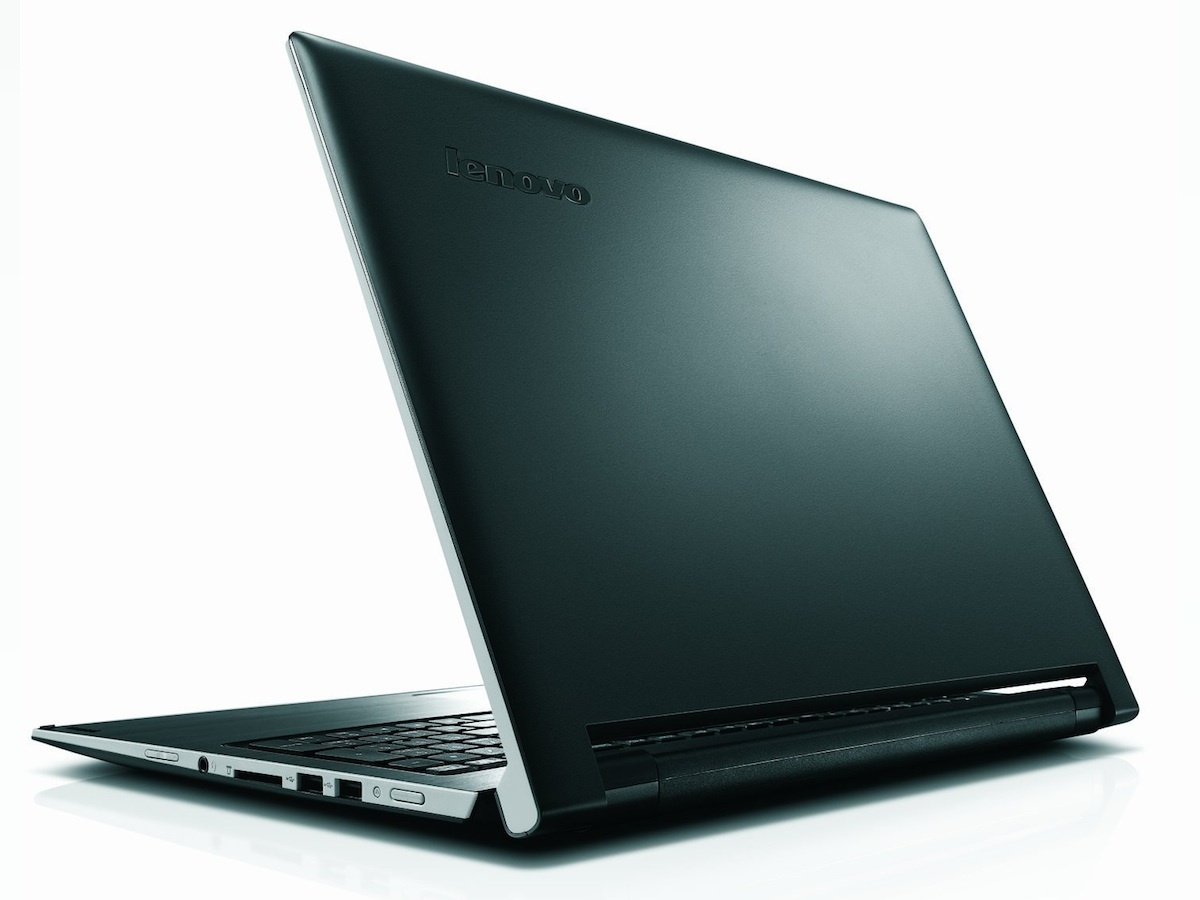
A long-standing bug in Google’s Chrome browser is killing Windows laptop batteries, and Microsoft claims that it can increase energy consumption by as much as 25%. That’s 25% less battery life when you’re out and about, and 25% fewer days before it’s new battery time.
Google is working on a fix for the issue – but until it arrives, you might be stuck using Internet Explorer. And nobody wants that.
READ MORE: Pay for music, films and games or you’ll be left with garbage


